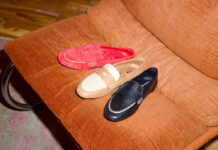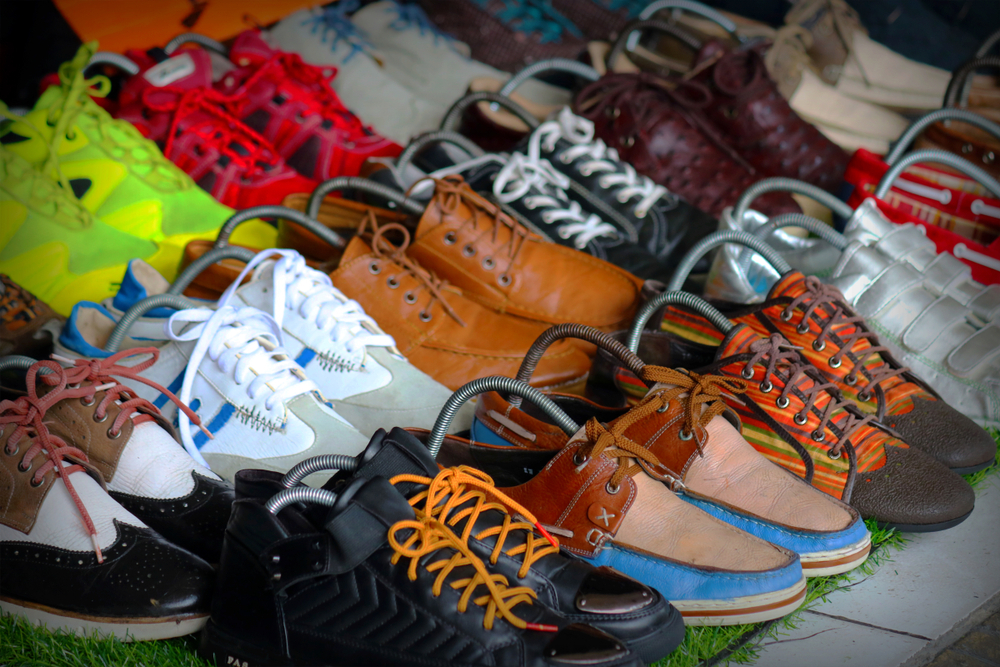
The market for most commodities goes through boom-bust cycles. Analyzing market trends becomes vital as it allows companies to identify potential areas of improvement and ways to steer out of competition.
The second-hand commodity industry, such as the used clothes and shoes market, garnered plenty of interest in the recent past, given the increased awareness of sustainable life choices.
Second-Hand Footwear: A Global Perspective
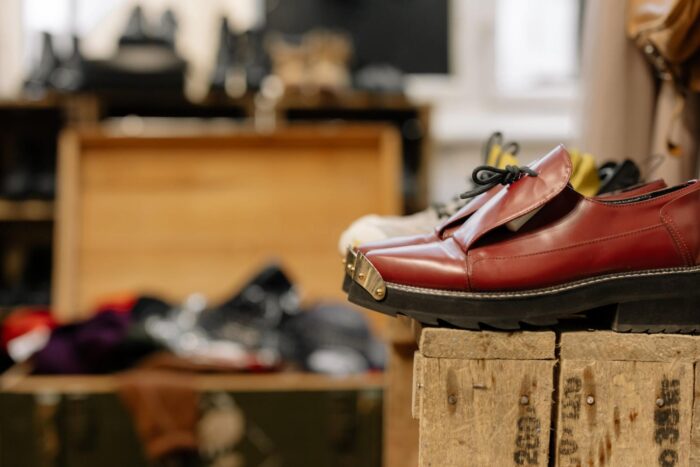
Most people who wish to start a business that involves upcycling old shoes or accessories want to know the future potential and challenges that the industry might face. This blog post discusses some of the positive trends and challenges of the bulk-used shoe industry.
Market Size and Expected Sales
The global market for second-hand shoes was around $20 billion in 2021. This massive market value has been achieved in a brief span of time, and despite the sudden spurt in growth, the market does not seem to go down or decline anytime soon.
In fact, most studies suggest that the compound annual growth rate will be around twelve percent. And if the growth continues for the next decade, the market size could be worth a whopping $40 billion.
Potential For Small Players
Most emerging industries that show sustained growth are controlled by only a few big players. However, the second-hand shoe industry is an exception, and data shows that big players control only five percent of the total market. Hence, there is a lot of scope for small players to do well in this market.
Geographical Distribution Of Markets
Statistics show that markets in the developing nations of Asia and Africa are the prime consumers of the second-hand shoes market. In many cases, clothes and accessories manufactured in the fast fashion industry in developed countries are recycled and exported to developing nations.
Second-Hand Shoes: Challenges That Lie Ahead
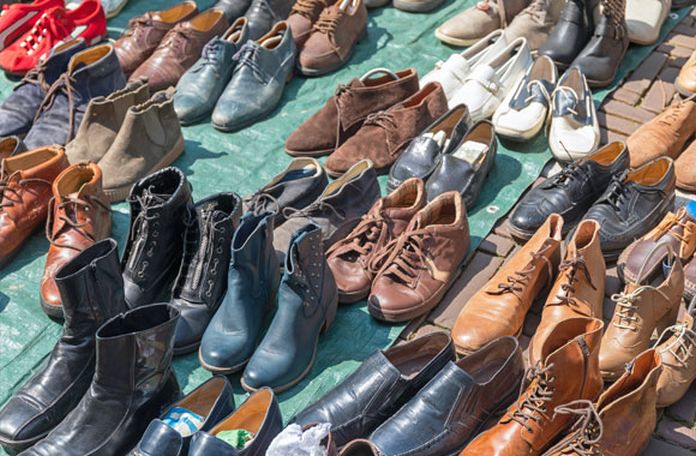
The future is bright for second-hand accessories like shoes; however, several challenges have to be addressed if the industry is to make steady progress.
Challenges Of Improper Standardization
Brand-new shoes and clothes have a definite standardization when it comes to sizes. However, for used shoes and clothes, there is no fixed standardization. So even if you like a used shoe, there is no guarantee that you will get the right fit despite placing an advance order.
Perceptions About Used Items
Plenty of the myth surrounding used clothes and shoes has been shattered with time. But even today, many people consider wearing used clothes to be a sign of poverty. People are also skeptical about the hygiene and quality of used items.
People tend to believe that second-hand items are always defective or unhygienic (not wearable). Hence, the demand for second-hand items is still low. An enormous battle of perception has to be fought to tap the entire demand in the market.
Conclusion
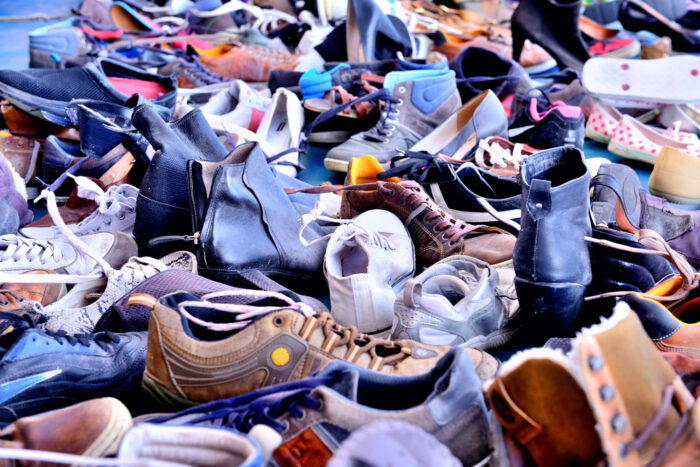
The prospects of the second-hand shoe industry are bright; there is enough room for small players to make it big. However, hurdles like the lack of availability of standard sizes and concerns about the hygiene of products need to be addressed to realize the full potential of this industry.


